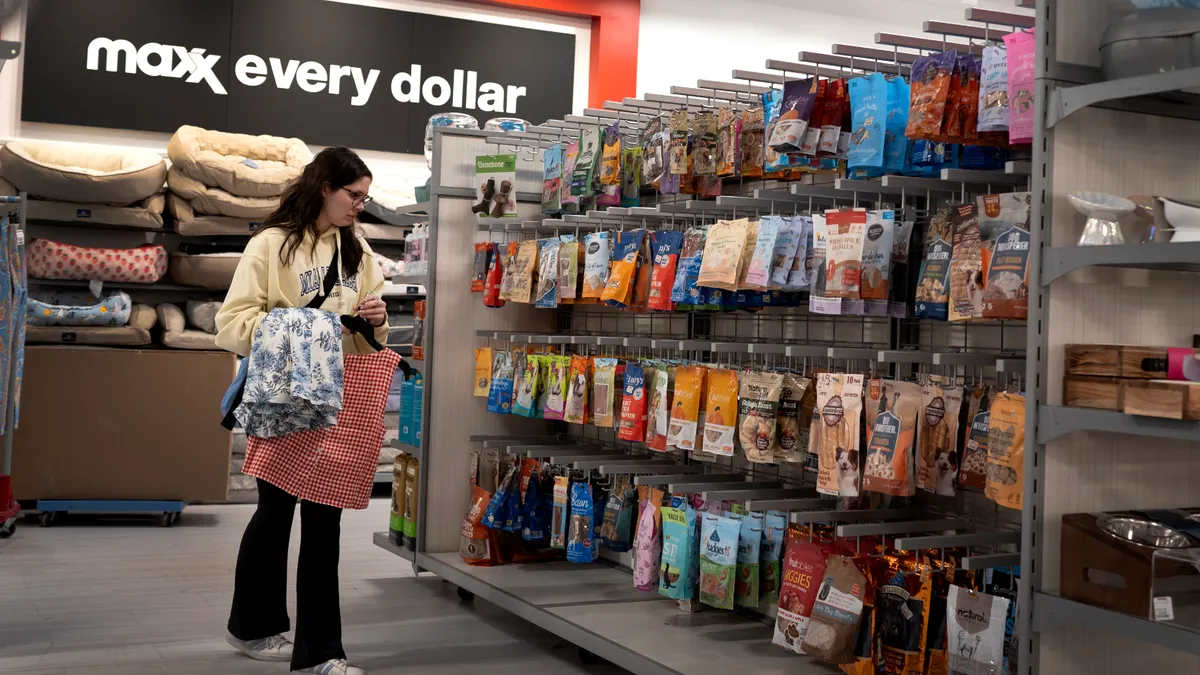Dive Brief:
-
When deciding between brands, millennial consumers seek emotional connections, a recent study by the Fashion Institute of Technology found; 48% of millennials are more likely to buy from a brand if they know the people behind it and 47% expressed a desire for brands to take ownership of their mistakes and take the consumer’s feedback into account.
-
The researchers found that millennials were drawn to brands that fulfill a “Trust Loop” with the consumer: brands that are not only more humanized, but focus on transparency, experience and community rather than simply quality.
-
The study also revealed that consumers are evolving faster than retailers, creating a “Consumer Experience Gap” that leaves only the most adaptable retailers with a chance at survival.
Dive Insight:
FIT’s research provides retailers with key information about how to make loyal customers out of a generation that still prefers to shop in brick and mortar stores, but unlike their predecessors prefers brands that go the extra mile to forge an authentic personal connection.
With the internet playing such a large role in the way millennials make purchase decisions — 76% browse online before buying at all — trust has become central to a brand’s success. Retailers can no longer hide from the bad publicity that comes with cybersecurity breaches (e.g. Target’s $150 million data breach) or other missteps in building consumer trust. Rather, the students at FIT predict: “Brands in the future must win the hearts, minds and now most importantly, the trust of their consumers.”
For retailers wondering how to form that emotional connection with this generation of consumers, the researchers suggest they develop a “Brand Humanization Theory,” which includes developing a brand purpose that fosters a community, engaging with consumers on a personal level and being an “Inside Out Organization.”
The results support a trend in the retail industry more broadly, in which personalization has become increasingly important for brand success. Even in the sphere of e-commerce, personalization could increase revenues by up to 6%. Brands that appear generic are sparking less interest with consumers, a trend that played out last holiday season as department stores struggled to keep up with the rest of the pack.
As retailers look to cater toward the millennial market, brands will be increasingly expected to show millennials why to purchase from them over other brands.
















